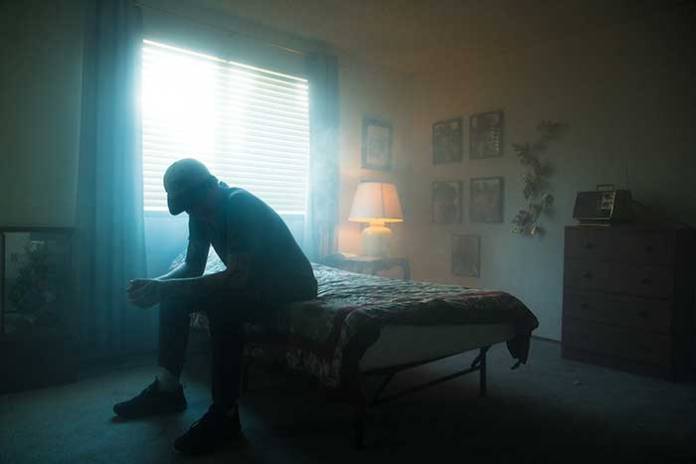
Life is full of exciting events and personal accomplishments, and sharing those important moments with loved ones is commonly what most humans desire. However, it is within those moments of sharing success that relationship specialist and psychologist Maryanne Comaroto, Ph.D., says someone can determine which relationships are genuinely supportive versus the ones that are indeed not. She elaborates further by sharing her experience with discovering her unsupportive relationship and the signs that helped her identify it and release the relationship from her life.
“It would take me years to identify and learn the importance of surrounding myself with supportive people. The mutual flow of respect and support is essential to all healthy, sustainable relationships. Whether friends or lovers, we all want to believe those closest to us want us to thrive, fulfill our dreams, and achieve inner and outer success. Yet when this isn’t our experience, we might want to look more closely at the origin and nature of these relationships,” said Comaroto.
In addition to her studies and specialty, Comaroto learned the problematic truth of living in an unsupportive relationship. She recalls her first, as she refers to it, “big break” in her budding career when a popular syndicated radio show wanted to interview her. She could not wait to share the good news of the interview she accepted with loved ones. As most people do, she had an understandable expectation to be jumping for joy with the ones she loved jumping for joy right with her. To her surprise, one individual she anticipated would be the happiest for her reacted negatively.
Rather than responding with love and support, he said he did not want to continue a relationship with someone who would start traveling and be “some big star.” Comaroto recalls opting out of opportunities in fear this individual would leave her. The relationship ended due to his continuous unsupportive and manipulative attitude toward her success.
Maryanne Comaroto can look back and identify that past relationship as an unsupportive one. She says unsupportive relationships can be challenging to see without knowing the signs, especially when the individual is a loved one. There are several signs to look out for that characterize unsupportive relationships.
One sign of someone in an unsupportive relationship is when the individual continuously makes themselves feel small. When fear of alienation lingers in a relationship, someone might always place their partner’s needs before their own and never truly pursue personal wants and desires. Loving relationships offer support with no cookie-cutter conditions.
Other signs of an unsupportive relationship include hiding or minimizing significant events and successes, receiving jealousy and undermining in replace of support, or when a loved one responds with competitiveness or plays devil’s advocate.
Comaroto leaves readers with this last piece of advice: “If you suspect someone you care about or love is holding you back, consider this: Great relationships begin within! No matter what they’re doing, we need to look first at how we treat and care for ourselves. Relationships stem from this fundamental truth.”
About Maryanne Comaroto
Relationship specialist and psychologist Maryanne Comaroto, Ph.D., leads individuals to better self-understanding and healthier, more fulfilling relationships. The award-winning author of Hindsight: What You Need to Know Before You Drop Your Drawers!, Maryanne is also a clinical hypnotherapist, certified Vedanta meditation teacher, speaker, and popular media personality. She is the founder of the nonprofit the Queen of the Jungle Foundation.











